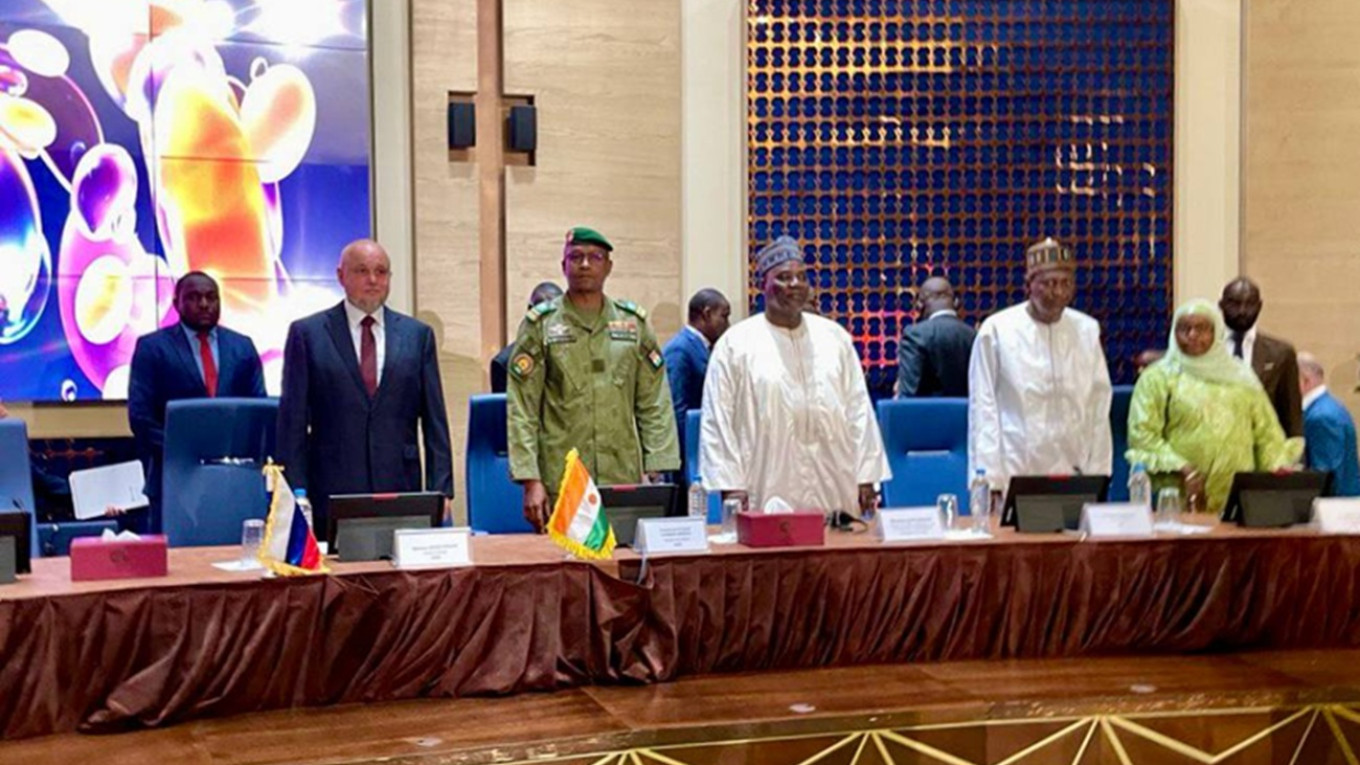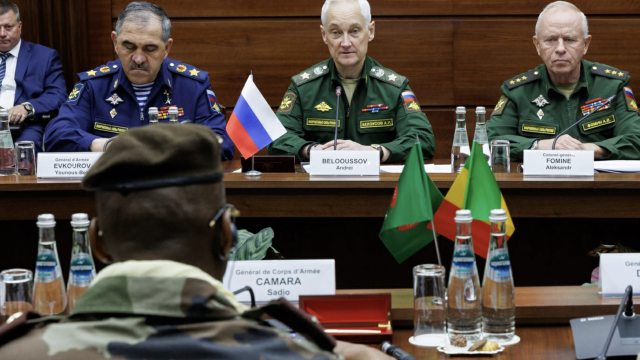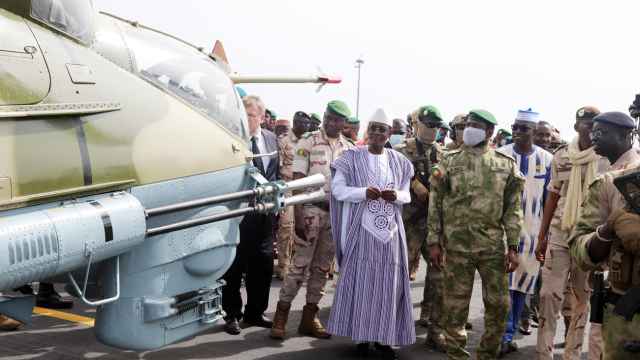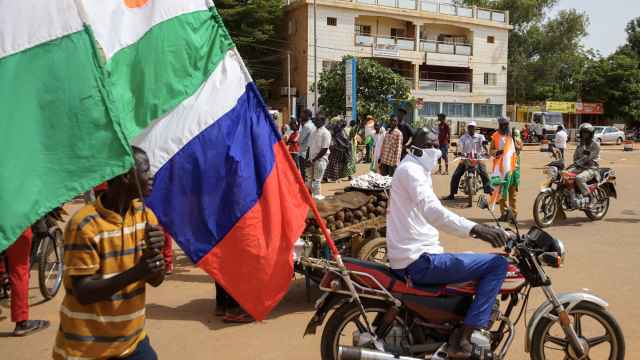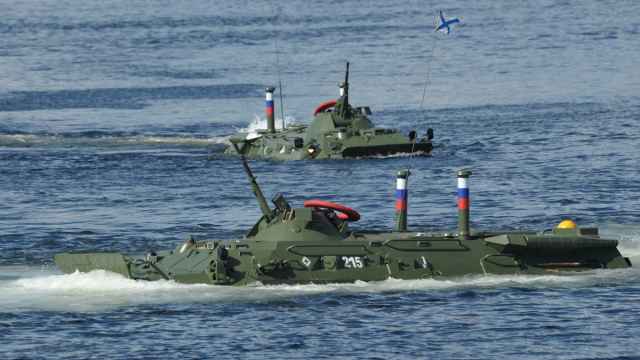Russia deepened its foothold in West Africa on Monday, signing a civil nuclear cooperation agreement with Niger’s military-led government that includes plans to build nuclear power plants and overhaul the country’s energy infrastructure.
The memorandum of understanding, finalized in Niamey by officials from Russia’s state atomic energy corporation Rosatom and Niger’s Energy Ministry, outlines a long-term partnership focused on electricity generation, nuclear medicine and workforce training.
“Our task is not simply to participate in uranium mining,” said Russian Energy Minister Sergei Tsivilev, who led Moscow’s delegation. “We must create an entire system for the development of peaceful atomic energy in Niger.”
The project’s scope includes power plants, energy distribution systems and localized expertise, part of what Tsivilev described as a “comprehensive infrastructure effort” to bring electricity to the country’s roughly 25 million citizens, many of whom lack reliable access to power.
The agreement signals another milestone in Moscow’s growing influence across the Sahel, where Western partnerships have frayed in recent years.
Niger has been under military rule since July 2023, when General Abdourahamane Tiani led a coup that ousted the democratically elected President Mohamed Bazoum.
Since then, Niger’s alignment with Russia has redefined its international relations. The coup drew condemnation from the U.S. and EU and Washington withdrew its military forces from the country last year, ending nearly a decade of counterterrorism cooperation.
Russia, by contrast, quickly voiced support for the new regime and warned against any military intervention by the West African bloc ECOWAS, calling it a threat to regional stability.
In January 2024, the two nations formalized a defense pact, and by April of that year, Russia had deployed 100 military instructors and equipment to support Niger’s armed forces, according to Russian state media.
Tsivilev also held talks with General Tiani on Monday, discussing plans to establish a Russian-Nigerien intergovernmental commission focused on trade and economic development.
Officials from both sides explored potential joint ventures in sectors ranging from energy and transportation to agriculture and mineral extraction.
Niger has some of the world’s largest uranium reserves.
A Message from The Moscow Times:
Dear readers,
We are facing unprecedented challenges. Russia's Prosecutor General's Office has designated The Moscow Times as an "undesirable" organization, criminalizing our work and putting our staff at risk of prosecution. This follows our earlier unjust labeling as a "foreign agent."
These actions are direct attempts to silence independent journalism in Russia. The authorities claim our work "discredits the decisions of the Russian leadership." We see things differently: we strive to provide accurate, unbiased reporting on Russia.
We, the journalists of The Moscow Times, refuse to be silenced. But to continue our work, we need your help.
Your support, no matter how small, makes a world of difference. If you can, please support us monthly starting from just $2. It's quick to set up, and every contribution makes a significant impact.
By supporting The Moscow Times, you're defending open, independent journalism in the face of repression. Thank you for standing with us.
Remind me later.


